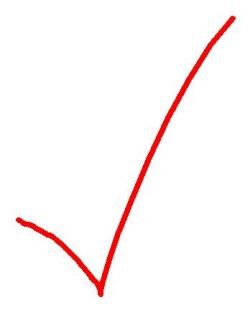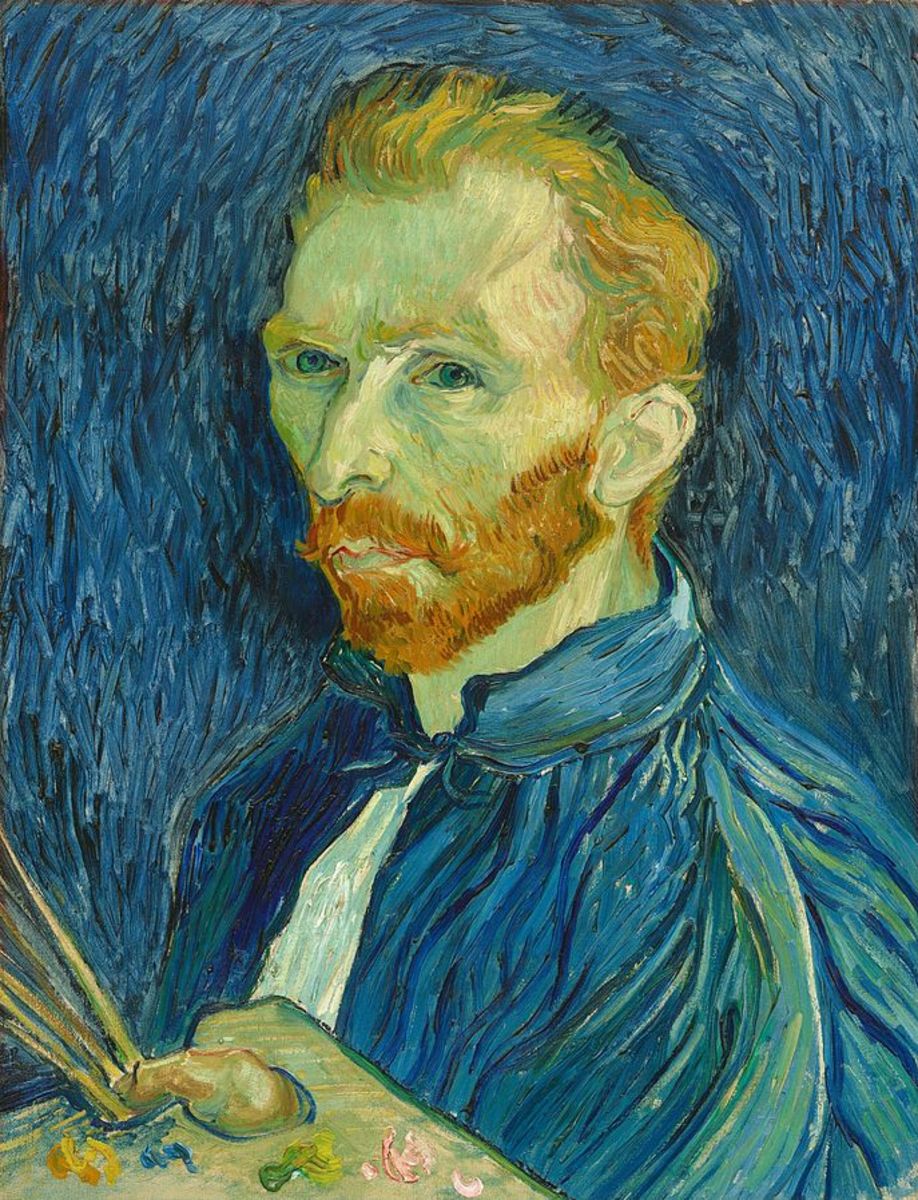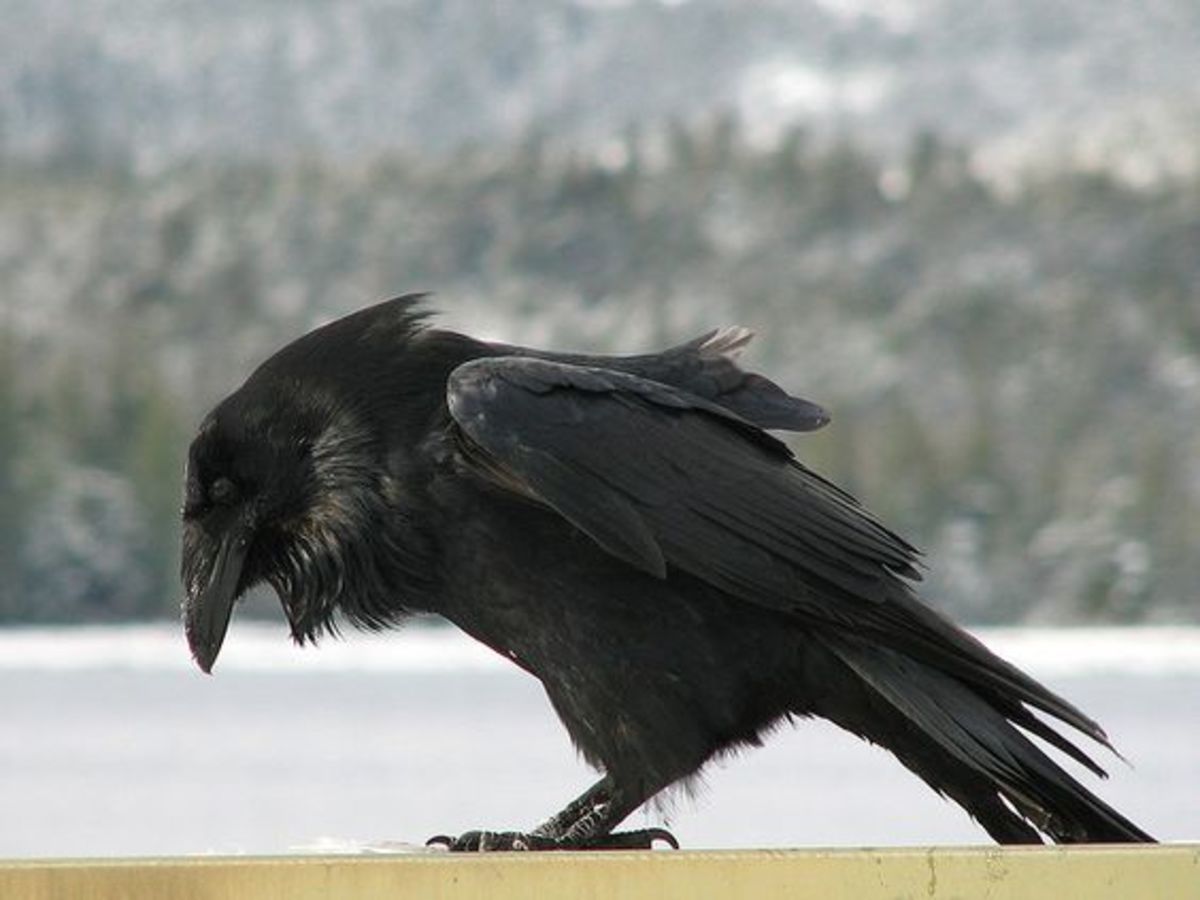So You Want Me to Critique Your Lens

Critique Me
Critique Me is a great SquidU forum to get feedback on your newest lenses. Many of these lenses are filled with common mistakes, but others have major ones including copyright violations, not using unique content, violations of the terms of service (TOS) and more. When you post your lens in Critique Me, other lensmasters will visit your lens and give you feedback on how to improve the lens. Keep in mind that the people in Critique Me helping you out are volunteers. Don't post a lens to just promote it, only come there if you actually want the help we are there to provide.
I spend a lot of time in Critique Me. Recently I have started to feel like a broken record, so I created this lens to serve as a fast resource for me to use when helping out other lensmasters. At the very least I have assembled many useful links on one page which will help me find them faster!
What Everyone Should Read First
Looking for a critique? Read this first - from Kimberly
The first mistake most new lenscrafters make is failing to read the Looking for a critique? Read this first thread over in Critique Me.
"If you have more than one lens you would like to have reviewed, after you've gone through the [list below], post just one lens. Apply all the advice you get to your other lenses, then consider posting another one." -Kimberly
Seriously. Please only post one link at a time in the forums. Be grateful that people are taking the time to help you out. If you take the time to read Looking for a critique? then you may be able to apply these suggestions to your own lens right away.
"Looking for a critique?" Summarized
Have you...
Changed all default module titles?
Selected relevant items to sell?
Added lensmaster photo/bio?
Described your topic in your own words?
Checked spelling and grammar?
Used relevant images and videos?
Squidoo is a Place for Original Content
UUU - Unique, useful, updated content
Squidoo is a place for original content. Many article hosting sites will allow you to republish your work on other websites. Although you still own the content that you publish on Squidoo, they do not want you to use this as a republishing platform.
This is a mistake that new lensmasters often make. You are not in violation of any copyright laws, since you own the copyright to your own words. Using Squidoo as a republishing platform is against the spirit and rules of the community. What you can do is rewrite your articles, or summarize them and link back to the original article. You can certainly reuse any of your own photographs and images that you created.
Easy Improvements to Your Lens
My Most Frequent Suggestions
There are four suggestions that I frequently make over on SqiudU:
- Add more original text - Tell us why you're making this lens. Why is this product your favorite? Do you have any personal experiences that relate to it?
- Add more images - Not only can it be difficult to read huge blocks of text, but it can be boring. Your readers appreciate relevant images and pictures to help break up the text. Don't know where to find images? In this lens, I have used my AllPosters Affiliate Account to use images that are relevant to my text.
- Make it more interactive - Everyone enjoys polls and quizzes. Not only is reader feedback helpful, but someone may be likely to stick around on your page longer if they get to interact with the content.
- Add a guestbook - Whenever I enjoy a lens, I have a comment that I would like to leave the author. Although you are not required to have a Guestbook on your lens, it is nice to allow people the opportunity to tell you their thoughts about your work. If you are concerned about the comments, you can turn moderation on so you have to approve comments before they are published.
Attributing the Wikipedia
Copying the Wiki Requires Attribution!
without providing credit you have a copyright violation
You are allowed to copy their content ONLY if you provide credit the wikipedia article that you are copying. The following quotes from the wikipedia's copyright page and Sqiudoo's Terms of Service (TOS) demonstrate how you can comply with these rules to use content from the wikipedia.
"Wikipedia content can be copied, modified, and redistributed if and only if the copied version is made available on the same terms to others and acknowledgment of the authors of the Wikipedia article used is included (a link back to the article is generally thought to satisfy the attribution requirement) [...] The text of Wikipedia is copyrighted (automatically, under the Berne Convention) by Wikipedia editors and contributors " -Wikipedia Copyright
Copyright violations is also against Squidoo's Terms of Service (TOS). Therefore if you copy the wikipedia without attribution then you are in violation of Squidoo's TOS.
"You cannot use [Squidoo] to distribute, share or solicit Content belonging to third parties without proper authorization from the owner(s) of that Content. You must respect the proprietary and intellectual property rights of others (including trademark, copyright and trade secrecy) in creating your Lens." -Squidoo TOS
Attributing Sources: Appropriately Quoting Content
SquidDon't: Copy and Paste Content
Some people believe that if you credit the source of your text, then you are allowed to post copied content in your lens. This is NOT the case. I repeat, Crediting the source of copied content does NOT make this acceptable. It is okay to copy a few lines of text as a quote, but quoting entire paragraphs or articles is not acceptable. It can still be a copyright violation if you mention your source. This is a violation of Squidoo's Terms of Service and will result in your lens getting locked.
"How much of someone else's work can I use without getting permission?
Under the fair use doctrine of the U.S. copyright statute, it is permissible to use limited portions of a work including quotes, for purposes such as commentary, criticism, news reporting, and scholarly reports. There are no legal rules permitting the use of a specific number of words, a certain number of musical notes, or percentage of a work. Whether a particular use qualifies as fair use depends on all the circumstances. See FL 102, Fair Use, and Circular 21, Reproductions of Copyrighted Works by Educators and Librarians." -U.S. Copyright Office Fair Use FAQ
There can be a lot of confusion about fair use, and what content you are reasonably allowed to quote. (Note that I said QUOTE and not COPY.) I clearly quoted the text above from the U.S. Copyright office on Fair Use. I know that some of you may interpret this as you can fairly use whatever you deem reasonable, but this is not the case. If you quote someone else to support an argument you are making, this is fair use. If you are quoting something to make your entire point, then you may be crossing the line.
Always check the website's TOS for their copyright information. Many article websites say in their Terms of Service, "This Website is for your personal and non-commercial use. You may not modify, copy, distribute, transmit, display, perform, reproduce, publish, license, create derivative works from, transfer, or sell any information, products or services obtained from this Website."
Summarized versus quoted content - When are attributions appropiate? My personal opinions
Unfortunately, you frequently see attributed content in manners that are not appropriate. You can still have a copyright violation if you credit the source of your copied content. I consider the following cases of copied content unacceptable, even if they are properly attributed.
- The Introduction Module - This should always be in your own words. If you want to quote official blurbs, do that in later text modules. The introduction is your opportunity to share with us why you are making the lens. Don't forget that Squidoo is a place for UUU (unique, useful and updated content).
- Posting an Entire Article - An article that has been published in a newspaper cannot be republished in your lens even if credit is given. Newspapers pay for the opportunity to republish associated press content, so don't think that you can just do it for free. Instead, why not summarize the article, and provide your users with a link. Be aware that giving credit to a source does not get your around copyright violations!
As you may now be aware, I hate copied and pasted content. In my personal opinion, there are a few cases where properly attributed copied content can positively aid a lens:
- Product Specifications or Official Product Description - Sometimes it is useful to see the official product stats. The owner of the object would be happy for you to provide this information because you are promoting whatever they are selling. Don't let official product descriptions take the place of your own personal review.
- Official Event Descriptions - if you are promoting an event or charity, there may be an official blurb that is used to describe it. As long as you provide credit, I have no problem seeing these on a lens. Just make sure you have some original content to go along with the official blurbs!
- Quotes to Support your Argument - Quoting a source to support what you are saying (as I have done in this lens) is an appropriate under the fair use doctrine. I am not using the quotes as my entire content, but I am using them as evidence to support what I am telling you. If the quote is your entire content, then you are likely looking at a copyright violation.
How Do You Know if You Should Cite a Source?
Citing your sources makes what you have to say more credible, so it is to your benefit to credit others.
If you had to look somewhere else to get the content for your lens, be it a statistic or summary of an article, you must credit your source! Imagine that you are writing a term paper for a class, your professor would not let you get away without using citations!
If you use a lot of resources, use a link module to make a list of references used to make your lens.
Plagiarism and Copyright Violations
A Conversation about Plagarism and Copyright Violations
I recently had some long conversations about copyright violations and plagarism on SqiudU. I think that parts of this discussion are worth saving and sharing, but I want to protect the individuals who I was responding to so I have changed their comments. My responses are in the blue boxes.
You can freely use most content available online as there is a chance that the content isn't even copyrighted. Altering a single word of text will help you get around copyright laws.
Amending a single word does NOT get you around copyright laws. Taking 10 sentences from 10 sources and putting them together is still plagiarism even though they are from different sources. Anything written and published online is automatically copyrighted, it does not matter if you found it on Facebook, a forum or an online magazine. While things from the wikipedia can be republished, proper attribution is required (WITH A LINK!)
Since I can embed any youtube video I want on my website without needing permission, this also applies to other types of text.
The difference with Youtube videos is that there is proper attribution put into the video. If you were to download the video from youtube and to host it on your site yourself, that would be plagiarism. Some people on youtube have selected options to not let you embed their videos, which is within their rights as the owner. (However, most people who post videos WANT the exposure so LIKE being embedded since they are still credited as being the author.)
I am not doing anything wrong by using these photos because they have no copyright on them.
Again, all photographs and written content are automatically copyrighted. They only way you know you can use a photo is A) you have the owners direct permission or B) it is under a creative commons license which allows you to republish it. The owner does not have to say that their work is copyrighted, the copyright occurs automatically on publication.
To commit literary theft (plagiarism), first you need to check whether the text is copyrighted. And if I say where I copied the text from then this isn't theft because I'm not pretending the words are mine.
The problem is that even if you say where work is from, you likely don't have permission to republish someone else's work. I do not have a (c) symbol on all of my blog posts or lenses, but they are copyrighted automatically the moment I press publish. If I find them published elsewhere, then I get very upset that someone has stolen my work.
You don't need to check if the text has a copyright, you have to check if you are allowed to license it. This is where creative commons licensing comes in. Certain sources allow people to republish their work as long as they credit the source. But if this licence is not displayed, assume that you cannot copy the information. You can always, however, use it as a source, and write your own paragraphs and then credit the other article as the source of the information (like a bibliography from a high school essay).
[The lensmaster] said that their topic was about [Random Famous Person]. That is not plagiarism!
You are right, it is not plagiarism to make a lens about a famous person, and this is not a violation of Squidoo's Terms of Service. The lens was locked because it was reported for displaying content that belonged to someone else. Any images and text found on the internet belong to someone, and displaying them on your lens without attribution is plagiarism. Keep in mind that even if you provide credit to the author, you could still have a copyright violation if you do not have their permission to republish the work. Copyright violations are illegal, beyond being against Squidoo's TOS, and legal action can be taken against the content thief.
If I am not trying to sell the photos I've "borrowed" then there is no problem. Plagarism is fraud, and requires stealing of someone else's work and lying about whether you stole it.
Yes plagarism is an act of fraud. As was said before, even if you use a picture and credit someone else, you can still have a copyright violation, which is against squidoo's TOS. You cannot use content from ANYONE ELSE FOR ANY PURPOSE unless you have their direct permission or the work is published under a creative commons license. If you try to sell the content that you stole, then the theft victim will be more likely to take legal action against you. Even if you are not making a profit from it, you can still have a copyright violation.
Some creative commons licenses let you use pictures for commercial uses, others don't. (With affiliate marketing links, images on squidoo lenses could be considered for commercial use.) You can only use their property in accordance with the license. Ignorance is not an excuse here. Even if some people don't care if you have stolen their photos, but that doesn't mean that you are allowed to do it.
Check out my new lens! If it doesn't get locked then I plan to....
You shouldn't have to worry about a new published lens getting locked or blocked if you follow the rules about plagiarism. If when you publish a lens you are concerned about it getting blocked, then you likely did something wrong.
It is not a copyright violation because I did not use the exact words. The text is not copied, a fact is a fact, a quote is a quote. This section doesn't require any time of citation. The words are not copied and thus are released form copyright infringement so I am allowed to do it.
WRONG! Plagiarism is not just copying text, it is also the copying of ideas. You are right in saying that you do not have a copyright violation for summarizing someone else's content, but you are using their ideas so you should cite them. Using something as a source for ideas REQUIRES ATTRIBUTION or it is plagiarism.
Let me also add that if your "summarize" is direct phrases from the other article in question, this is still considered copied content. Deleting words and sentences does not make the rest of the paragraph your own.
The Lessons
Always check if you're allowed to use an image before you put it on your lens. Better yet, take your own pictures and make your own images!
Never copy and paste text from ANY source and put that on your lens. Take the time to write your paragraphs yourself.
Don't Post to the Forum if...
Don't Post to the Forum if
you think it could be in violation of Squidoo's TOS. Your fellow lensmasters are quick to notice the violations, and could end up reporting your lens.
If you know you made a mistake, try to fix it before you promote your lens on the forums.
Everything that I presented in this lens is my own personal opinion. You are entitled to your own opinion, and here I invite you to share that with me.





